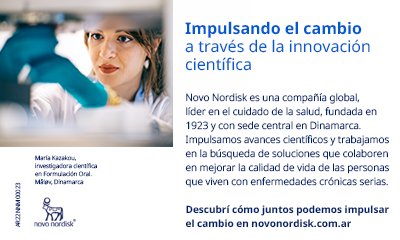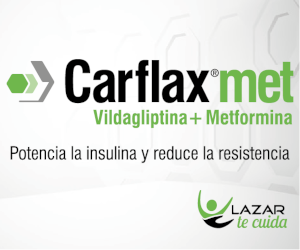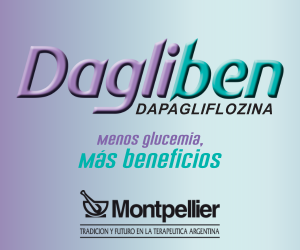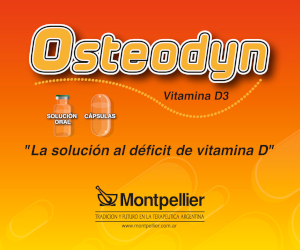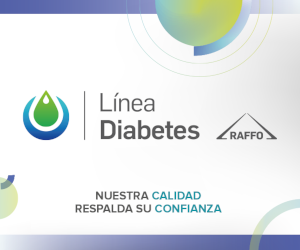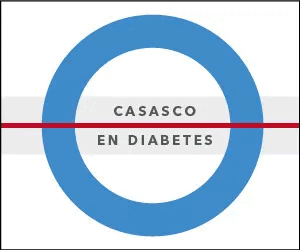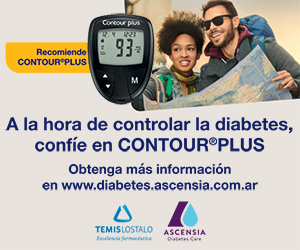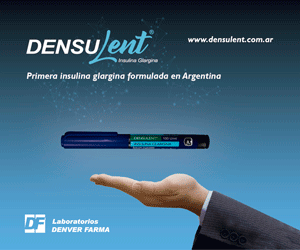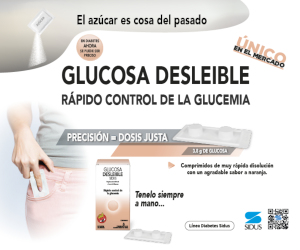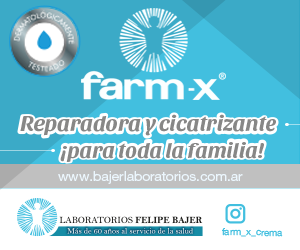Symposium 19: Paternal obesity. Transgenerational impact
DOI:
https://doi.org/10.47196/diab.v56i3Sup.602Keywords:
diabetes mellitus, obesidadAbstract
Although the evidence supports the thermodynamic model of fat accumulation as a determinant of obesity, which results from balancing caloric intake and caloric expenditure, there are also other influences, since diet and physical activity alone cannot explain the rapid global increase in the prevalence of overweight and obesity in adults. The genetic component contributes to the risk of developing obesity. However, all identified genetic loci can only explain part of the heritability of obesity, accounting for about 2-3% of the total genetic variation in BMI. This value is far from the hereditary estimates of the BMI, which is described as around 40-70%. Therefore, a mechanism beyond the thermodynamic model and genetics must be involved in the growing obesity epidemic.
It is now known that gene expression is altered by epigenetic factors in response to environmental exposures throughout life. In addition, it is also true that the human diet underwent profound changes in the last century, marked by innovations in food technology, new ingredients and bioactive molecules that alter the human diet and that can interfere with epigenetic changes and that depending on the moment of the life in which they will develop can be transferred to the following generations. There is important evidence of these epigenetic modifications determined by an unfavorable intrauterine environment, but new lines of research are describing the epigenetic impact of certain circumstances in the paternal line that can even be sustained beyond the first generation, an example of this is the observation that the nutritional status of parents before puberty can affect the health outcomes of their children and grandchildren.
References
I. Pembrey M, et al. Human transgenerational responses to early-life experience: potential impact on development, health and biomedical research. J Med Genet 2014;51:563–572. doi:10.1136/jmedgenet-2014-102577
II. Mustahsan B, et al. Effects of paternal overnutrition and interventions on future generations. International Journal of Obesity 2022; 46:901-917. doi: 10.1038/s41366-021-01042-7.
III. Eberle C, Kirchner MF, Herden R, Stichling S. Paternal metabolic and cardiovascular programming of their offspring: A systematic scoping review. PLoS ONE 2020;15(12): e0244826. doi: 10.1371/journal. pone.0244826.
Downloads
Published
How to Cite
Issue
Section
License
Copyright (c) 2022 on behalf of the authors. Reproduction rights: Argentine Diabetes Society

This work is licensed under a Creative Commons Attribution-NonCommercial-NoDerivatives 4.0 International License.
Dirección Nacional de Derecho de Autor, Exp. N° 5.333.129. Instituto Nacional de la Propiedad Industrial, Marca «Revista de la Sociedad Argentina de Diabetes - Asociación Civil» N° de concesión 2.605.405 y N° de disposición 1.404/13.
La Revista de la SAD está licenciada bajo Licencia Creative Commons Atribución – No Comercial – Sin Obra Derivada 4.0 Internacional.
Por otra parte, la Revista SAD permite que los autores mantengan los derechos de autor sin restricciones.


